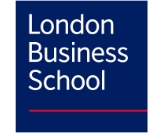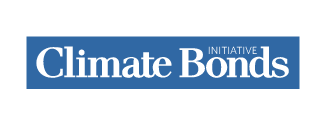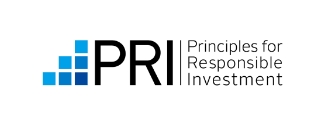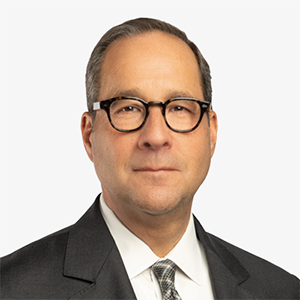The 2025 theme is Climate Adaptation and offers a prize pool of $15,000

Neuberger Berman
Founded in 1939, Neuberger Berman is a private, 100% independent, employee-owned investment manager. From offices in 39 cities worldwide, the firm manages a range of strategies, including equity, fixed income, quantitative and multi-asset class, private equity and hedge funds on behalf of institutions, advisors and individual investors globally. With 753 investment professionals and 2,846 employees, Neuberger Berman has built a diverse team of individuals united in their commitment to delivering compelling investment results for our clients over the long term. That commitment includes active consideration of environmental, social and governance factors. As an active manager, Neuberger Berman has a long-standing belief that material environmental, social and governance factors are an important driver of long-term investment returns from both an opportunity and a risk mitigation perspective. We also understand that for many of our clients the impact of their portfolio is an important consideration in conjunction with investment performance.
Stewardship & Sustainable Investing at Neuberger Berman
2024 Stewardship & Sustainable Investing Report


























